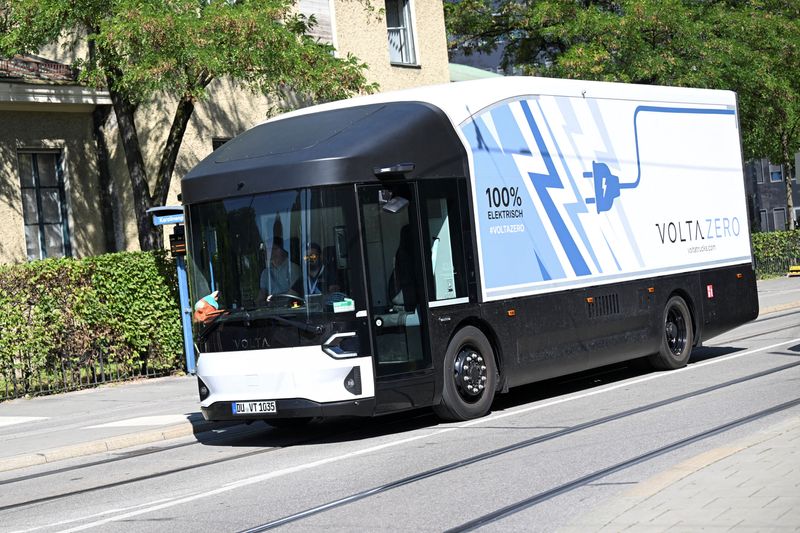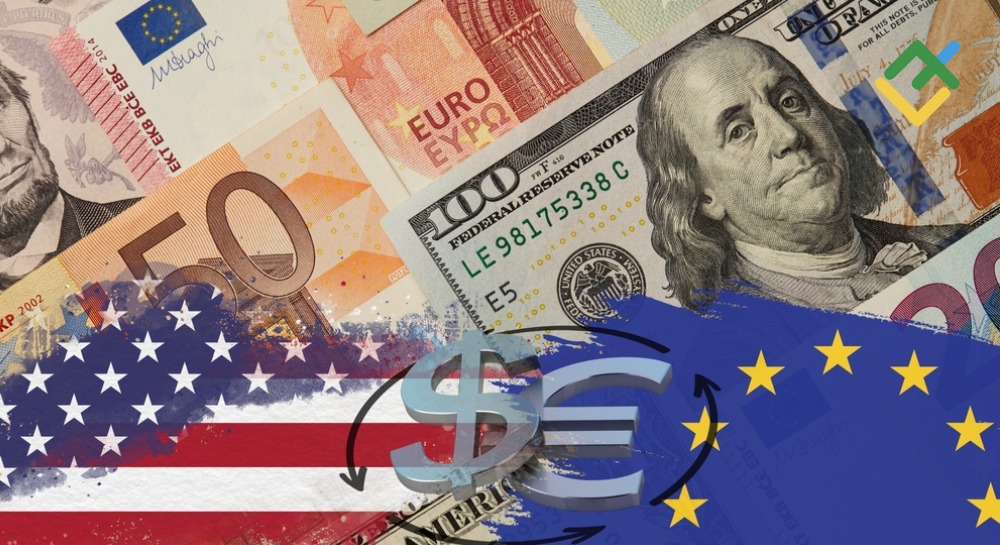
FRANKFURT (Reuters) – Prices of emissions-free trucks need to fall by as much as half to make them an affordable alternative to diesel models, a study by consultancy firm McKinsey published on Wednesday said, a necessary step to help achieve European Union climate targets.
Less than 2% of the EU’s heavy freight vehicles are now electric and hydrogen-powered. To meet the bloc’s carbon emission reduction targets, the share should rise to 40% of new sales by 2030, the study released before the IAA Transportation 2024 truck show in Hanover showed.
Currently production costs for electric trucks are 2.5-3 times higher than for diesel ones, the study said, and with logistics firms unwilling to accept higher costs for emissions-free freight, that goal is still distant.
To overcome that, prices for new electric trucks should be no more than 30% higher than for diesel models, McKinsey said, which would require a technological leap in batteries.
For successful implementation of the EU’s CO2 strategy, a 25% cut in charging costs is also needed, the study showed, with 900,000 private charging points to be installed in Europe by 2035, which would require a $20 billion investment.

Chinese manufacturers present another challenge for European truckmakers, as they offer competitive products at cheaper costs. They have already gained a 20% share of the bus market.
“I don’t think it’s impossible that this could actually happen in electric trucks over time,” said Anna Herlt, head of commercial vehicle consulting at McKinsey, who co-authored the study.
This post is originally published on INVESTING.




